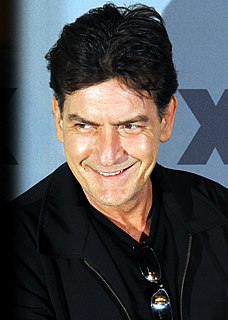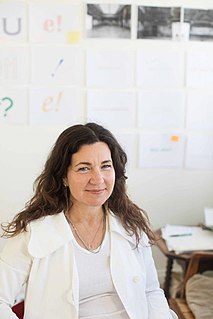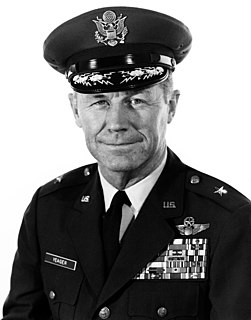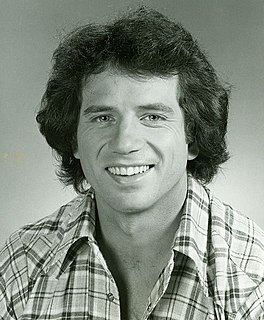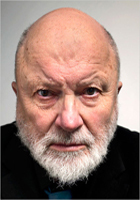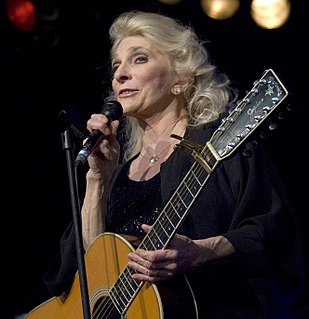A Quote by Charlie Sheen
I think I have a duty as a recovering guy to help, to make my knowledge of what I went through accessible.
Quote Topics
Related Quotes
Back in the day, I was the first non-recovering doctor working in recovery. People would say, 'You can't do that! We need recovering guys in this.' But usually recovering doctors have a lot of baggage and so there's a certain amount of liability with a recovering doctor. But of course it can be ideal.
We need to make seeing a therapist more accessible; we've got to crack down on this and allow people the opportunity to seek help. It's going to be a game-changer. I would love people to become more vulnerable and reach out and ask for help. I would never want somebody to go through the feelings I had, almost exactly three years ago, of not wanting to be alive. That's a scary thing, and to think of where I am today compared to that - that's way bigger than winning a gold medal.
The fact that television and tourism have made the whole world accessible has created the illusion that we enjoy intimate knowledge of other places, when we barely scratch their surface. For the vast majority, the knowledge of Thailand or Sri Lanka acquired through tourism consists of little more than the whereabouts of the beach.
I'm the guy who will persist in his path. I'm the guy who will make you laugh. I'm the guy who strives to be open. I'm the guy who's been heartbroken. I'm the guy who has been on his own, and I'm the guy who's felt alone. I'm the guy who holds your hand, and I'm the guy who will stand up and be a man. I'm the guy who tries to make things better. I'm the guy who's the whitest half Cuban ever. I'm the guy who's lost more than he's won. I'm the guy who's turn, but never spun. I'm the guy you couldn't see. I'm that guy, and that guy is me.
Kant does not think there is anything wrong with being beneficent from sympathy. He thinks we have a duty to cultivate sympathetic feelings by participating in the situations of others and acquiring an understanding of them. He thinks we also have a duty to make ourselves into the kind of person for whom the recognition that something is our duty would be a sufficient incentive to do it (if no other incentives were available to us). That's what he means by "the duty to act from the motive of duty".
God doesn't help. I think that's a knockdown argument. I think that it really shows that whatever moral knowledge we have and whatever moral progress we make in our knowledge or whatever progress we make in our moral knowledge is not coming really from religion. It's coming from the very hard work really of moral philosophy, of trying to ground our moral reasonings.
I was shooting all this time. And there was only one guy who helped to pull him. And I had to think whether I was going to keep shooting or help the guy. And so I kept shooting and then they put him in this little clinic, and I photographed through the window while they had to amputate his leg. And I felt very strange because I didn't - I felt I could have helped, but I didn't help. But then I also felt elated that I was getting a shot that would be important to the film.
